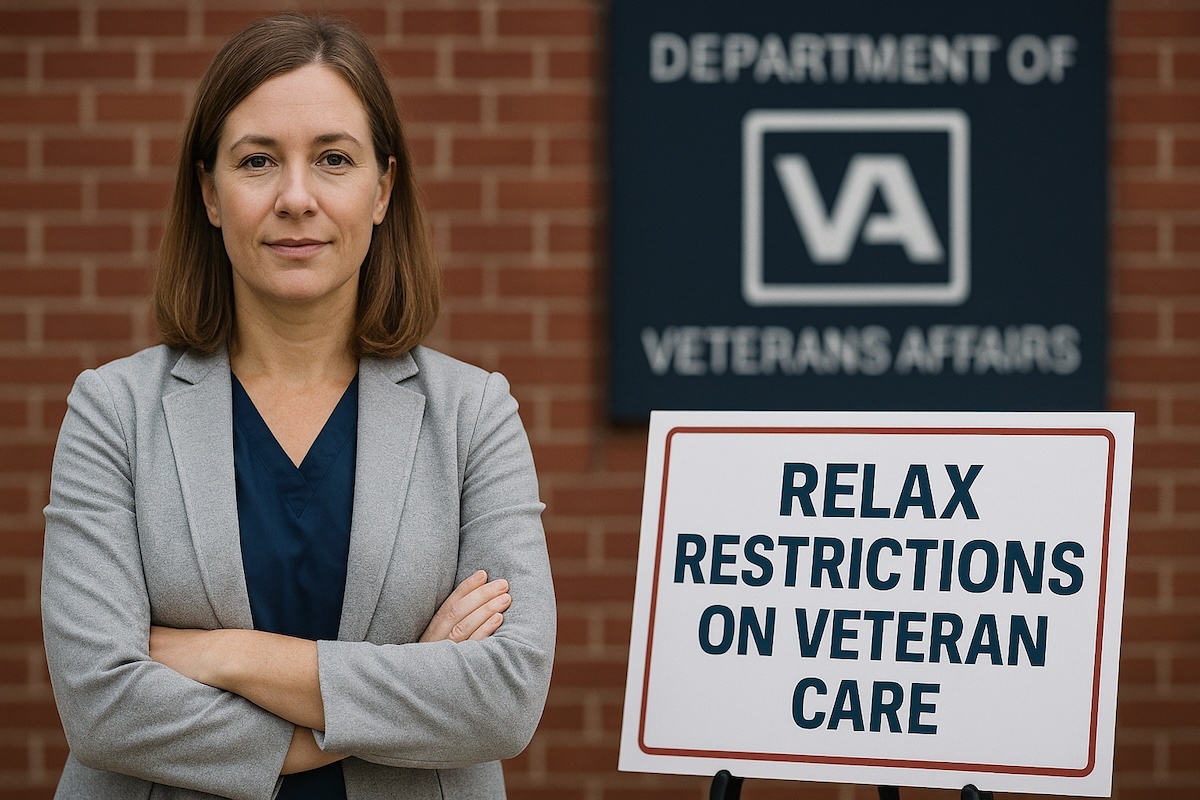Why the VA Restricts Nurse Practitioner Scope
Despite a national trend toward granting NPs more autonomy, the VA requires physician oversight in some specialties and settings, especially in states that have not adopted full practice authority laws. This limits the ability of NPs to diagnose, prescribe, and treat independently, creating bottlenecks in care delivery for the nation’s 9 million veterans.
Pushback From Nurse Practitioner Organizations
On behalf of 4,800 NPs employed by the VA, the AANP has intensified its advocacy for federal-level reform. AANP President Cindy Cooke stated:
“On behalf of the men and women who have bravely served our country in uniform, we ask our Congressional leaders and VA Secretary to fully utilize the skilled NPs already working in VA facilities.”
Support for Full Practice Authority
Major healthcare and policy organizations agree that restrictive NP laws are outdated. The following groups have recommended expanding NP practice authority:
- Federal Trade Commission (FTC)
- AARP
- National Governors Association
- Institute of Medicine (now the National Academy of Medicine)
- National Conference of State Legislatures
They cite over a decade of research showing that APRNs deliver safe, high-quality care, especially during physician shortages.
2024 Update: VA Begins Reforms
In 2024, the VA began rolling out reforms to expand practice authority in primary care and mental health across its system, starting with states that already support APRN independence. However, many advocates argue that more sweeping changes are needed to create national consistency and reduce care delays.
Why This Matters to Future Midwives and APRNs
If you’re considering a career as a Certified Nurse Midwife (CNM) or Women’s Health Nurse Practitioner, these changes could significantly impact your role within the VA and other federal systems.
For nurses planning to upskill, explore our guides on:
The Bottom Line
Veterans deserve high-quality, accessible care, and nurse practitioners are key to delivering it. As the VA modernizes its workforce model, expanding the APRN scope of practice could help solve systemic delays, reduce costs, and empower experienced nurses to lead.




